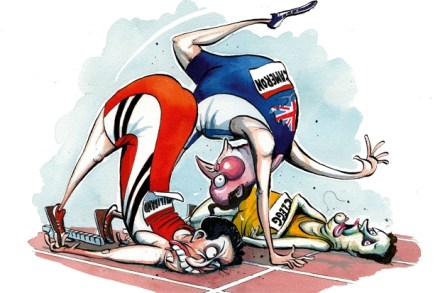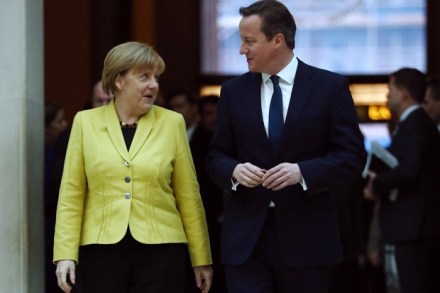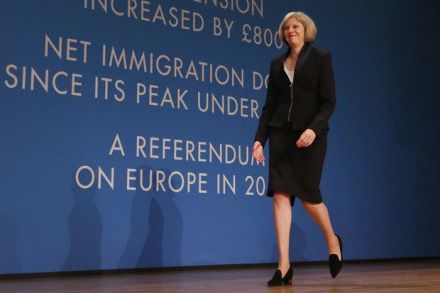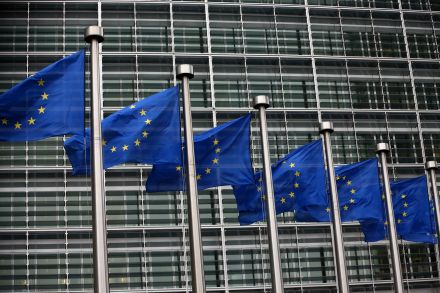Why the Greek election could decide Britain's next government
Before the eurozone crisis, Greek elections didn’t receive much attention in Westminster. At the moment, however, the polls from Athens are being studied by every politico from the Prime Minister down. How Greece votes on the 25 January could determine the result of our election. If anti-austerity Syriza triumphs, the eurozone crisis will move from a chronic phase into another acute one. For the second election in a row, the backdrop to a British poll and possible coalition negotiation would be talk of debt defaults and bank runs, as Athens struggles with the eurozone straitjacket. Syriza does not want Greece to leave the euro. But it does want the ‘fiscal




















